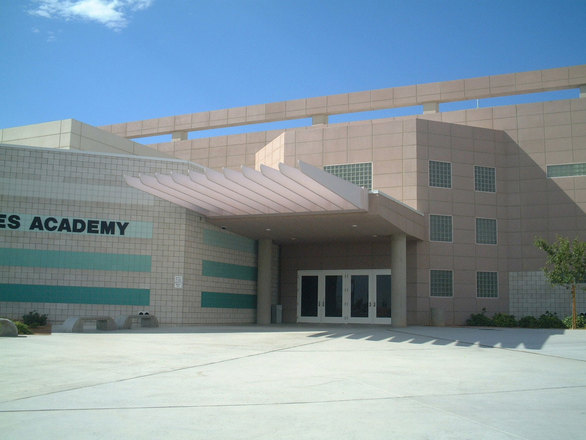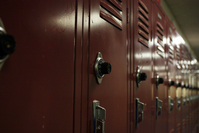Juvenile Searches and Seizures by School Administrators – Sherman & Plano, TX Criminal Defense Lawyer (Part 1)
 In Coronado v. State, the Texas Court of Criminal Appeals tackled a “scope” issue in reviewing a case of a student who was attempting to leave campus during school hours. The student claimed to be going to a relative’s funeral, but the assistant principal called his family and found this untrue. The student was also “evasive” in response to questions. The assistant principal patted down the student in an officer’s presence and found no safety risks. He then searched Coronado’s person and found $197 in currency, searched the student’s locker and the trunk of the student’s car. In the trunk, the assistant principal found cocaine, marijuana and a balance beam.
In Coronado v. State, the Texas Court of Criminal Appeals tackled a “scope” issue in reviewing a case of a student who was attempting to leave campus during school hours. The student claimed to be going to a relative’s funeral, but the assistant principal called his family and found this untrue. The student was also “evasive” in response to questions. The assistant principal patted down the student in an officer’s presence and found no safety risks. He then searched Coronado’s person and found $197 in currency, searched the student’s locker and the trunk of the student’s car. In the trunk, the assistant principal found cocaine, marijuana and a balance beam.
The Texas Court of Criminal Appeals overturned the search. It found that the principal:
“had reasonable grounds to investigate why appellant was attempting to leave school and was justified in ‘patting down’ appellant for safety reasons. However, the subsequent searches violated the second prong of T.L.O. The searches were not reasonably related in scope to the circumstances which initially justified [his] interference with [Coronado], i.e., [the assistant principal’s] suspicion of appellant’s skipping school. Nor were the searches reasonably related to any discovery from the initial ‘pat down.’ Rather, the post ‘pat down’ searches of appellant’s clothing and person, locker and vehicle were excessively intrusive in light of the infraction of attempting to skip school. Additionally, nothing observed during the pat down or subsequent search of appellant’s clothes and person, or locker, would justify [his] expansion of the search to appellant’s vehicle.”
 Sherman & Plano, TX Criminal Defense Lawyer Blog
Sherman & Plano, TX Criminal Defense Lawyer Blog


 All of us have had the experience of being called to the principal’s office. Well, most of us. Many juvenile delinquent conduct investigations begin this way, with a call and questioning by the principal, a search of a student’s locker or purse, or a pat down of a student suspected to be in contraband. Our first thought as Americans would assume that a student at a school has the same Fourth Amendment protection against unreasonable searches and seizures as an adult, but that isn’t quite so. The Supreme Court directly addressed this issue in New Jersey v. T.L.O., 469 U.S. 325.
All of us have had the experience of being called to the principal’s office. Well, most of us. Many juvenile delinquent conduct investigations begin this way, with a call and questioning by the principal, a search of a student’s locker or purse, or a pat down of a student suspected to be in contraband. Our first thought as Americans would assume that a student at a school has the same Fourth Amendment protection against unreasonable searches and seizures as an adult, but that isn’t quite so. The Supreme Court directly addressed this issue in New Jersey v. T.L.O., 469 U.S. 325.